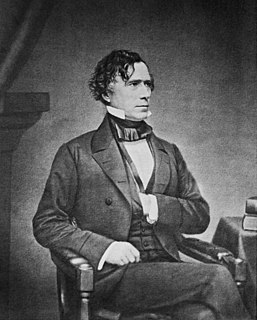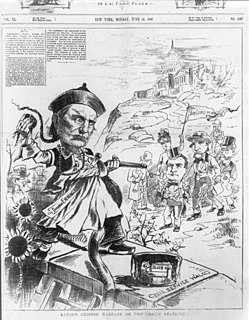A Quote by L. Neil Smith
I propose a Constitutional Amendment providing that, if any public official, elected or appointed, at any level of government, is caught lying to any member of the public for any reason, the punishment shall be death by public hanging.
Related Quotes
I feel like if you know any women who's an essayist or a writer or a public speaker or just a public person, and they have any presence at all in any kind of social media, or any place where men can voice at them, you have to be pretty amazed at the level of special provocation and sort of violent speech and misogyny that comes at them. Any woman that's really in the public sphere has experienced this. It's kind of shocking how universal it is.
The constitutionality and propriety of the Federal Government assuming to enter into a novel and vast field of legislation, namely, that of providing for the care and support of all those ... who by any form of calamity become fit objects of public philanthropy. ... I cannot find any authority in the Constitution for making the Federal Government the great almoner of public charity throughout the United States. To do so would, in my judgment, be contrary to the letter and spirit of the Constitution and subversive of the whole theory upon which the Union of these States is founded.
The trade of advertising is now so near to perfection that it is not easy to propose any improvement. But as every art ought to be exercized in due subordination to the public good, I cannot but propose it as a moral question to these masters of the public ear, whether they do not sometimes play too wantonly with our passions.
Public virtue cannot exist in a nation without private, and public virtue is the only foundation of republics. There must be a positive passion for the public good, the public interest, honour, power and glory, established in the minds of the people, or there can be no republican government, nor any real liberty: and this public passion must be superiour to all private passions.
What James Madison and the other men of his generation had in mind when they wrote the First Amendment was that there should be no official relationship of any character between government and any church or many churches, and no levying of taxes for the support of any church, or many churches, or all churches, or any institution conducted by any of them.





































